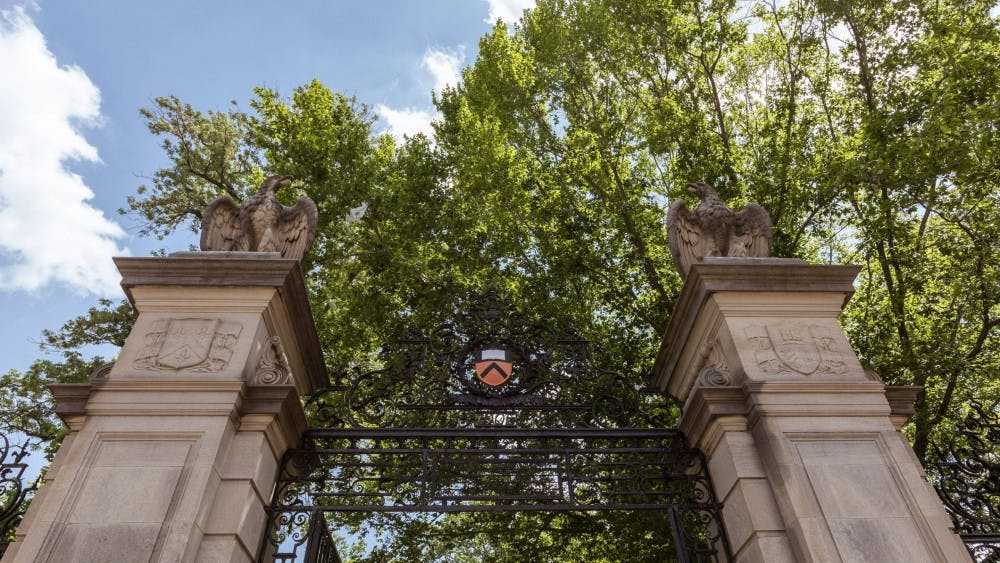Last week, the University announced a new Venture Forward program and capital campaign, which attempts to expand alumni engagement and raise funds for upcoming years. President Christopher Eisgruber ’83 said that this campaign would put “Princeton’s values into action … [looking] to the future while remaining firmly anchored in the University’s fundamental values, allowing Princeton to move from the present to the possible.” This campaign would largely support future endeavors in the Princeton University Strategic Framework, which will have initiatives in college access, financial aid, data science, climate change studies, and other areas of inquiry.
This all seems fantastic: more money for good initiatives, supporting growth and development within the University, and training faculty that can lead the next generation of scholars.
However, it is important to make sure that our University values are being advanced, and that those values are not co-opted, captured, or skewed by alumni and donors who underwrite these new programs.
A few weeks ago, former Director Beverly Gage of the Brady-Johnson Program in Grand Strategy at Yale resigned. She asserts that Yale failed to stand up for academic freedom, letting donors influence the curriculum and faculty hiring. These donors purportedly complained about professors arguing against the donors’ political beliefs, and that the curriculum was not what they had agreed to support. This eventually led the donors to try to set up an advisory board, which Gage claimed was fine so long as it was diverse across generational, ideological, methodological, racial, and gender lines. However, the proposed appointees to this board were conservatives without social movement expertise, because that is what the donors felt matched the intent of the original grant, notwithstanding a clear articulation of values by the program’s director in recent years. This ended with Gage resigning from her position, feeling that the integrity of the program had been compromised.
Princeton is a different university, and in these instances, funding is going to different goals and operations. Yet the risk of capture by a small group of high-contributing, high-impact donors still remains, and it is important to understand the specifics of the University’s plan in order to see where all of the donor money will be going.
The Princeton University Strategic Framework, released in 2016, emphasizes scholarship, research, and teaching. It mentions that donor support would be vital to new initiatives, although funding would also come from the endowment, tuition, and other sources. In its discussion of endowment spending policy, the framework says that “when donors endow a University program or expense in perpetuity, their gift should provide future members of the Princeton community with roughly the same benefit.” This makes sense, as it is important to continue to support programs at the University, but also highlights the longevity of each of these donations.
Given that President Eisgruber already referenced the importance of the University’s fundamental values, clarifying the actual values is necessary in understanding the role of the donors. The University is an evolving institution: We are growing more diverse in many ways, and ideologies continue to shift with the time. This means that we may differ from some alumni about the core ideologies that define the University. It is great when alumni want to subsidize new programs or provide funding for student ideas. However, the University needs to make sure that any donations do not have strings attached that undermine the academic integrity and freedom of the programs being funded.
The situation with the Brady-Johnson Program at Yale is not conducive to the best learning experience for students, especially when professors feel like their voices are not being heard. Princeton needs to make sure that any contributions are actually meant to advance its values. But beyond that, it is important that our fundamental values continue to evolve, and that we continue to support our ever-changing student body — now and in the future.

Mohan Setty-Charity is a sophomore from Amherst, Mass. He can be reached at ms99@princeton.edu.









